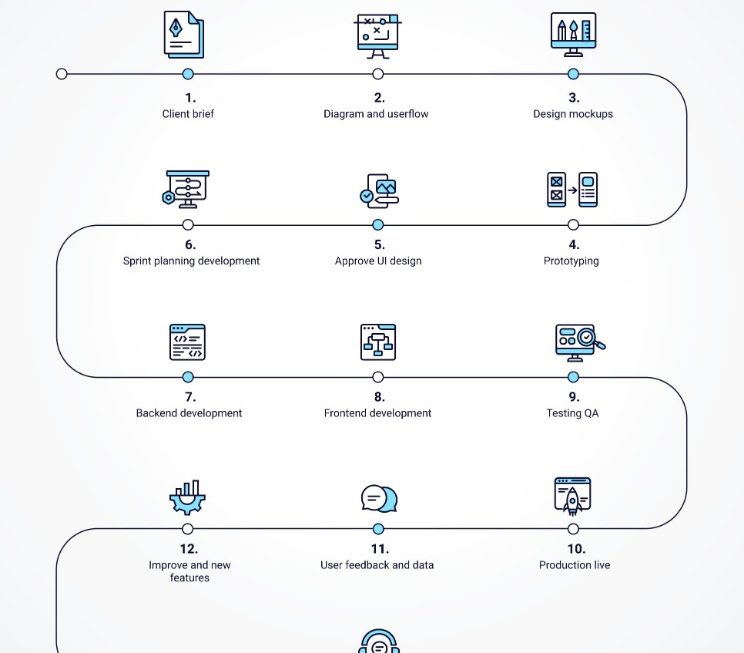In today’s digitally-driven society, mobile app development has become an essential endeavor for businesses of all sizes. The power of a well-designed application can bring manifold advantages, from enhanced customer engagement to significant revenue growth. Let’s dive deep into the world of mobile app development and explore its many facets.
The Pillars of Mobile App Development
Understanding User Needs
The first step in mobile app development is identifying and understanding your audience. This includes:
-
Read more about Android app development here.
- Conducting market research
- Analyzing user behavior
- Identifying pain points
Design and User Experience
An app’s design and user experience (UX) play crucial roles in its success. Important considerations include:
- Creating intuitive interfaces
- Ensuring smooth navigation
- Implementing responsive design
Development and Testing
Effective development and rigorous testing phases ensure your app functions smoothly. Key steps include:
- Choosing the right development framework
- Writing clean, efficient code
- Conducting thorough testing and debugging
Launch and Maintenance
Launching your app and maintaining it over time are critical to long-term success. Consider the following:
- Planning a strategic launch
- Marketing and promotion efforts
- Regular updates and bug fixes
Frequently Asked Questions about Mobile App Development
What skills are needed for mobile app development?
A successful mobile app developer typically possesses a range of skills, including proficiency in programming languages like Swift and Java, a deep understanding of UI/UX design principles, and strong problem-solving abilities.
How long does it take to develop a mobile app?
The time required for mobile app development can vary significantly based on the app’s complexity, the team’s expertise, and the project’s scope. On average, it may take anywhere from three to nine months.
What are the costs associated with developing a mobile app?
Costs can vary based on several factors, including the app’s functionality, design complexity, and development team’s rates. It’s essential to create a detailed budget that accounts for all aspects, from planning to post-launch maintenance.
Why is mobile app testing important?
Mobile app testing ensures the app functions as intended and provides a bug-free experience. It also helps identify potential issues that could affect user satisfaction and retention rates.
The realm of mobile app development is rich with opportunities and challenges. By focusing on user needs, exceptional design, meticulous development, and ongoing maintenance, businesses can create apps that not only meet but exceed user expectations.





